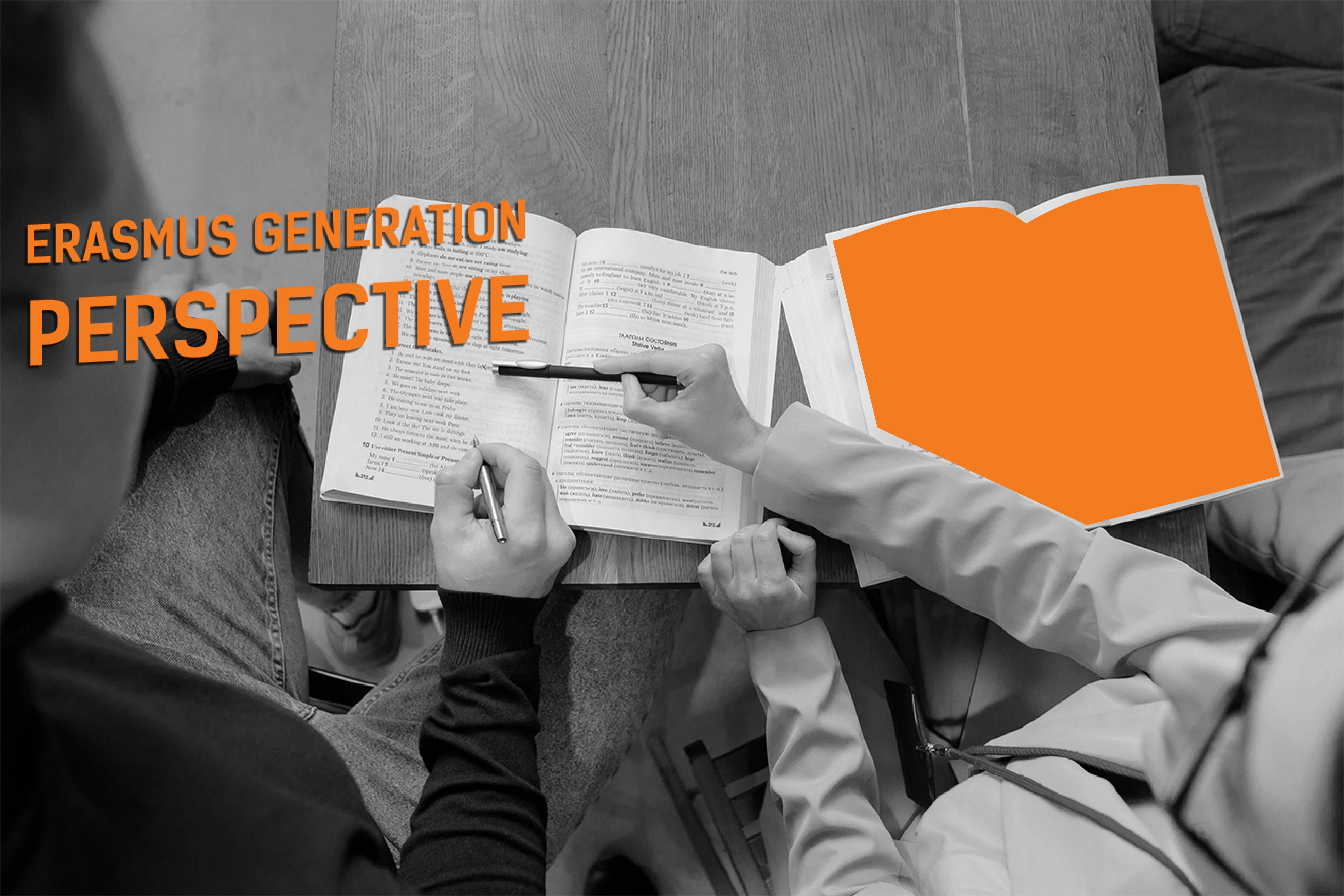
* Erasmus Generation Perspective articles are written by ESN volunteers to share the student voice on current policy developments in the field of international education. The text represents the authors' individual perspective and not an official statement of the Erasmus Student Network.
When it comes to language learning, one often assumes that studying abroad will result in the development of superior language skills. But, does living in the language without systematic learning really help language learning?
Our need for communication has increased with technology and globalisation. Hence, learning languages gained great importance for both personal and academic purposes.
Even though there are many theories put through, the most outstanding one is studying abroad to learn languages. Every year thousands of students worldwide leave home for the purpose of participating in an educatiınal experience in a country or province other than their own and Erasmus Exchange holds big importance in opportunities for studying abroad. Erasmus+ Higher Education Impact Study conducted in 2019 revealed that 62% of the former Erasmus+ participants chose to learn or improve a foreign language as their motivation. But, does studying abroad really enhance language learning and language learning skills?
There are various views on the impact of exchange programs and studying abroad on language learning. Though there is contradictory evidence that has emerged which suggests that informal, out-of-class contact does not necessarily enhance second language acquisition, the majority of the studies support the positive impact of language learning.

One of these impacts starts with the core elements- communicative skills and language development. Being in the country of the target language allows learners to activate their linguistic and sociolinguistic skills with frequent interaction of native speakers with communicative goals. In an article, overviewing a collection of studies, it is stated that regardless of quantifiable changes, learners often report great satisfaction with their language development during study abroad. Additionally, students who have been abroad speak both more and significantly faster than those who have not is supported by a book called Second Language Acquisition in a Study Abroad Context. Erasmus+ Higher Education Impact Study proved that 88% of the Erasmus+ participants improved tier language skills.
When we take a closer look at the four skills of languages- listening, reading, writing, and speaking, speaking accompanied by its sub-skill fluency seems to be the are affected positively the most. A study conducted in 2011 found that The Oral Proficiency Interview scores ranged from Intermediate-High (Max) to Superior (Faith) after participants had spent only 5 months in Sweden. By month 10, three of the participants had reached the level of Superior.

Our second point leads us to the importance of language learning skills and their development which enable language learning in the first place. Communicative and survival needs reflect in a way to improve learning the target language which consequently enhances learning skills and strategies. As a former Erasmus+ participant, I can confidently state that my ability to grasp ways of learning the target language peaked during my exchange such as peer teaching.
In addition to the linguistic benefits of the study abroad, learners also report on the ways in which study abroad has changed them as individuals. In the course of studying abroad, people encounter many opportunities for self-exploration in both language learning and experience. Even though one might start their journey with different motivations, their experience will intersect with language learning and learning strategies for their target language to be learned in many different ways.
Though there is not a distinct comparison if formal or informal learning is the best way to learn a language, it can be stated that getting to know the target culture of the target language, having a communicative need to use the target language provides individuals with beneficial outcomes.
References:

Follow ESN